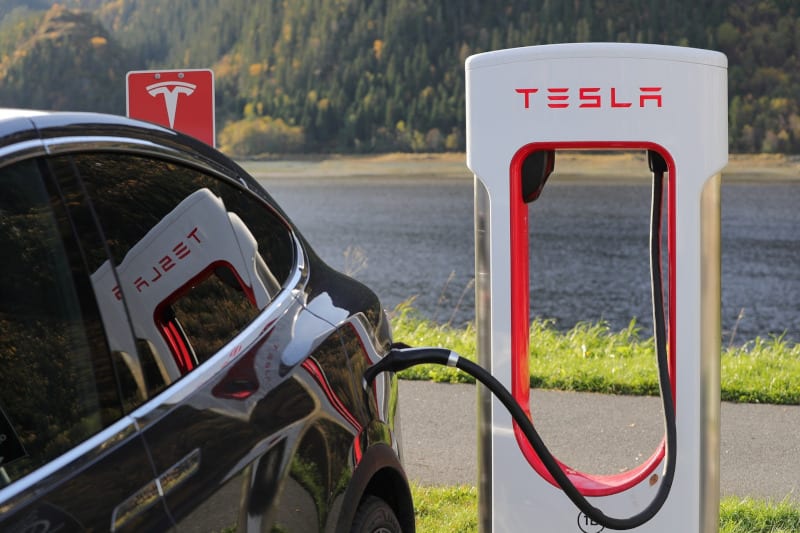Once the dust settles after the election, we will be expecting a new budget early in 2020. However, one of the measures we are not expecting to change is the huge reduction in company car tax for electric vehicles due to come in April 2020.
For the tax year 2020/21 (from April 2020), there will be no company car tax benefit payable for drivers of electric cars. This means that your company can pay for your electric car, deduct the cost from your taxable profit, and you can drive it for free.
How expensive is Company Car Tax?
Company car tax is paid by the employee of the company for the ‘benefit’ of driving the car, so basically it’s treated as additional salary which you pay tax on. The problem with company cars is that for many years, the amount of tax paid has been at a significantly higher rate of tax than income tax.
This is a recent example we prepared for a client:
Cost of car £429 per month
Tax paid by employee £367 per month
So essentially, the employee is receiving £429 of income and paying tax of £367! If they receive their fuel paid by the company, the tax increases to £633 per month!
As you can see, a company car is usually a very bad idea. It can be better or worse depending on the car and the CO2 emissions but we tend to find it is always much worse than our clients and their employees realise.
Why are electric cars so much better?
If you buy an electric car through your company from April 2020, you will pay no company car tax at all. So, that’s effectively money out of your company for free, rather than drawing out dividends or salary, paying tax on it, then paying for your own car.
Employees would also pay no tax on their new electric company car.
If your company was to buy a new electric car (for example the new Tesla Model 3 starts at around £40,000) you would be able to claim 100% of the cost against this year’s profits, and if you lease the car, you can still write off 100% of the cost.
Will it change in the future?
The government has a track record of steadily increasing the car tax each year, making this years ‘green’ car, next years gas guzzler. However, as it stands today, the tax for the next two years will be based on a benefit charge of 1% and then 2% of the list price. As these measures are likely to see a significant shift towards electric cars, it doesn’t seem likely that this is a policy which will see a dramatic U-turn, but as we’re all aware these days, politics are extremely difficult to predict. However, on balance, this would seem like a good deal for the company car driver for the next few years.
Obviously the rules (as always) are complex and for hybrid or vehicles registered before April 2020, the position is more complicated. Get in touch with us so we can help you decide whether an electric car is the right one for you.






